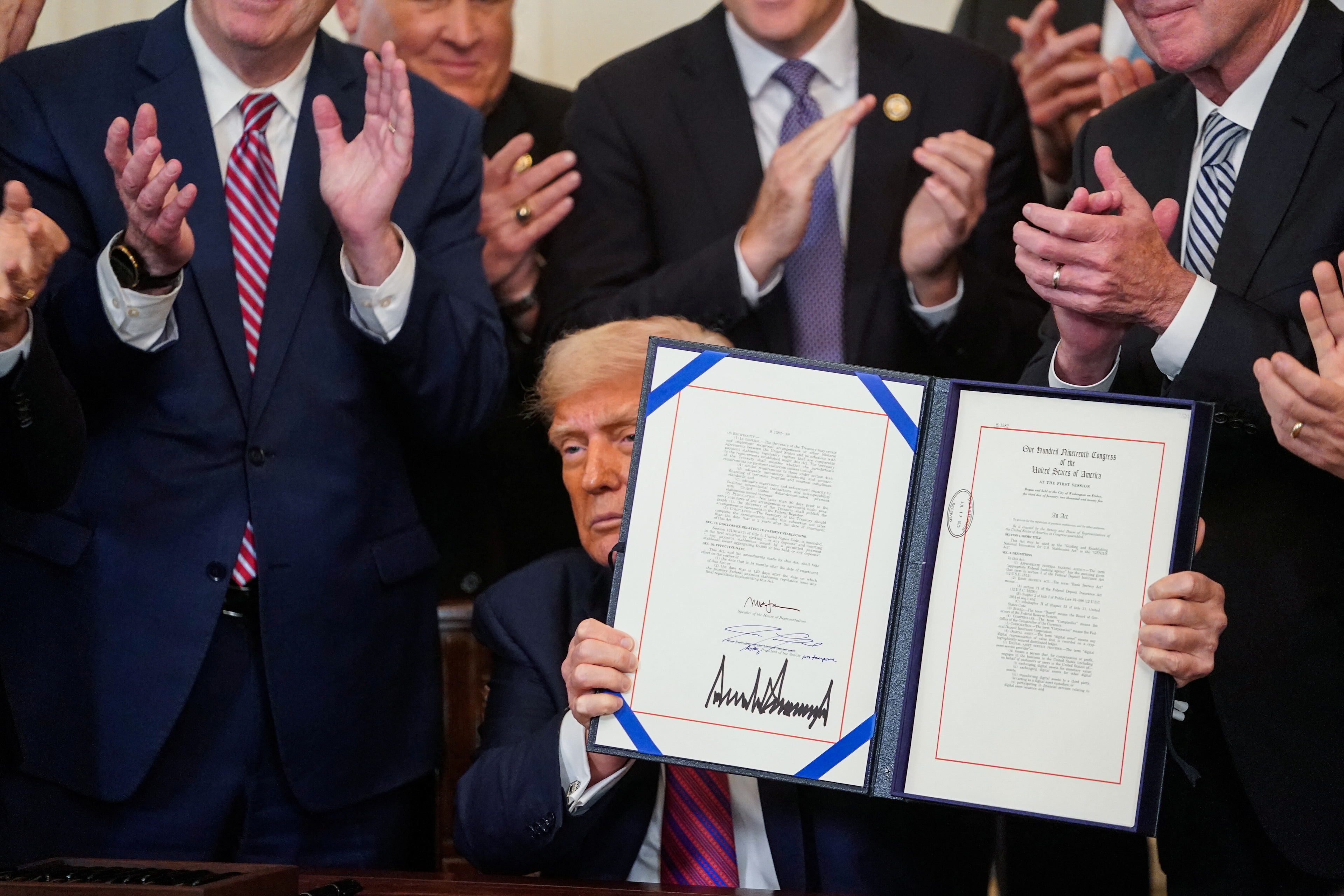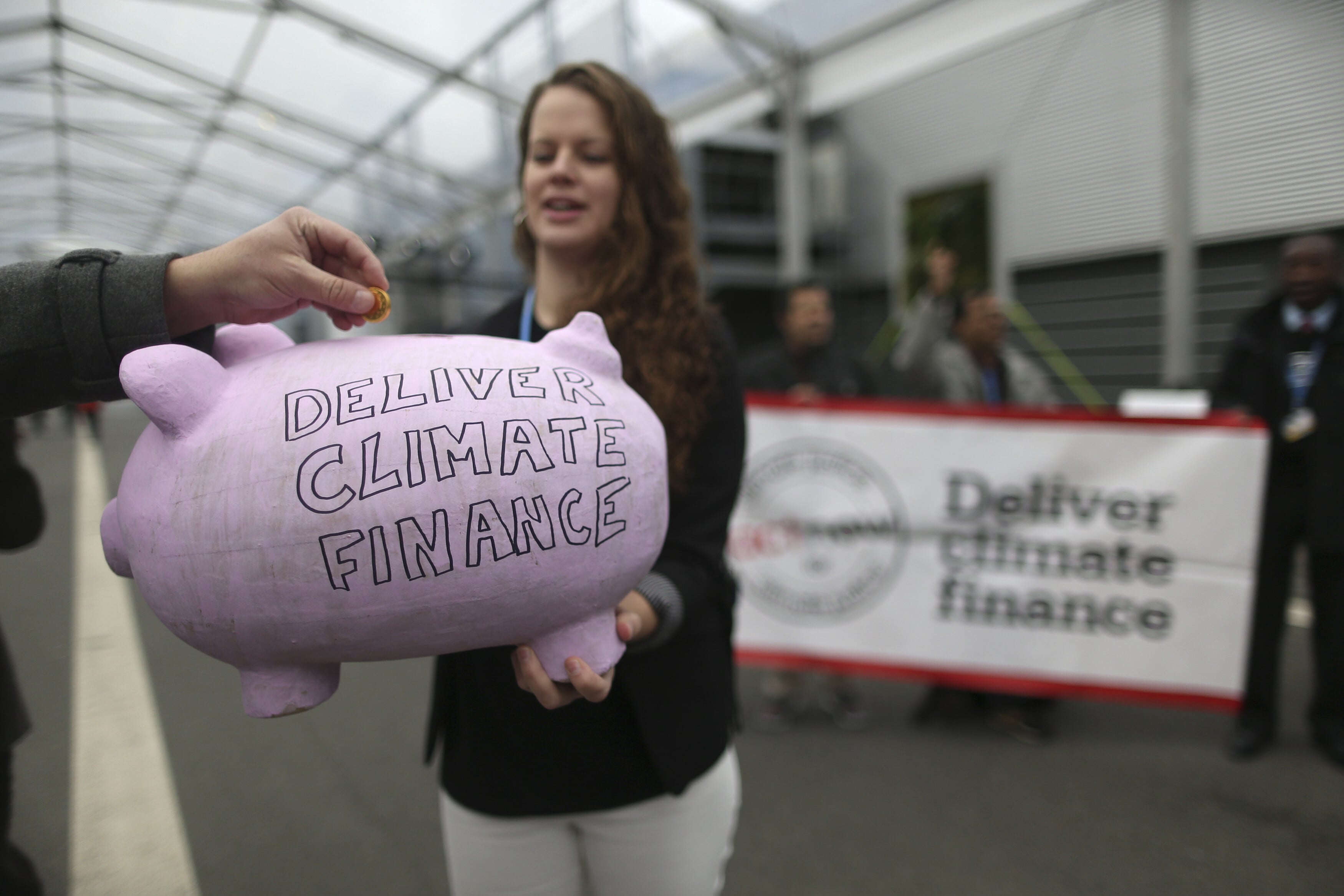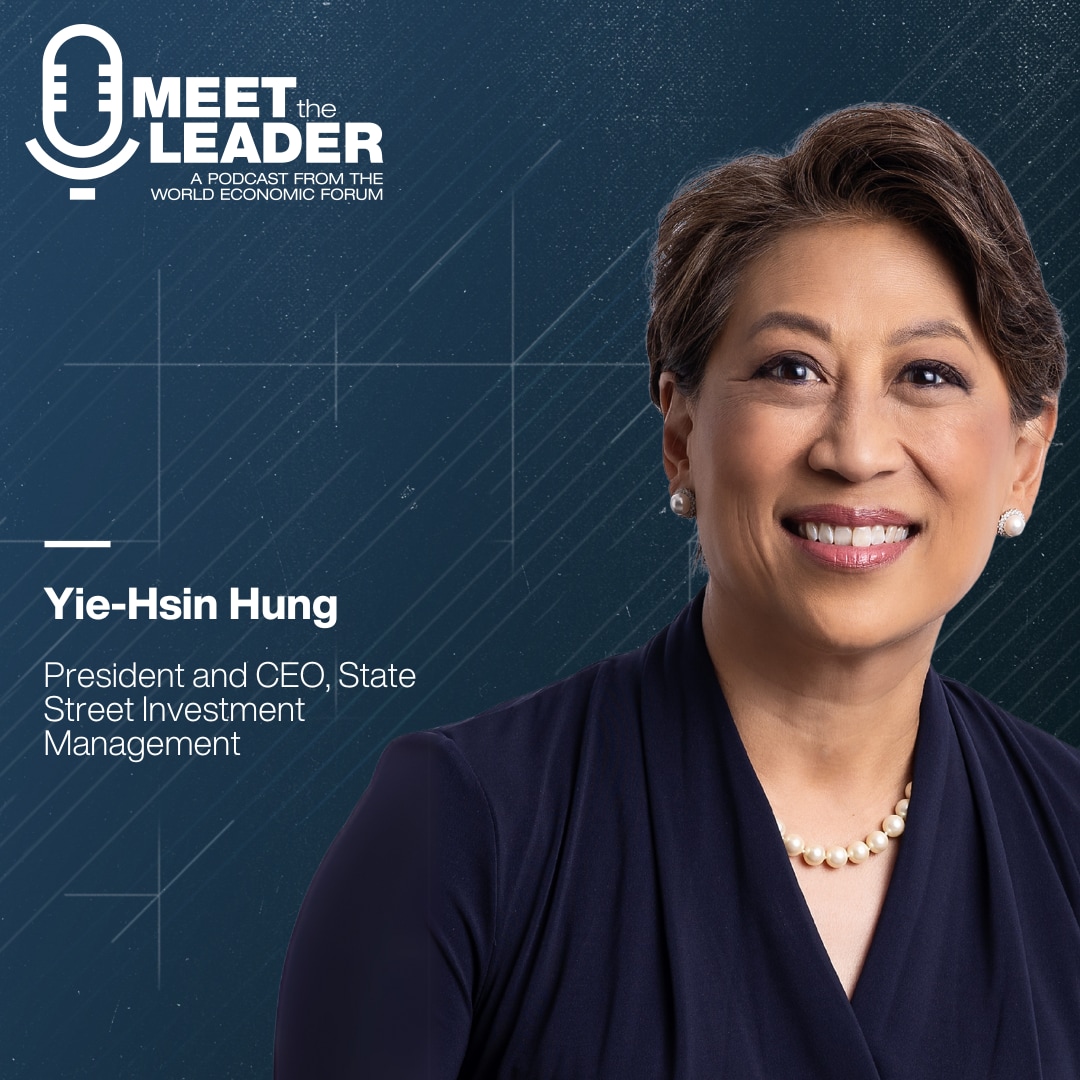Forward Agenda - November 2018
October was the worst month for the markets since 2012
Image: REUTERS/Brendan McDermid
Stay up to date:
Digital Communications
Bearish: Market reality caught up with many of the factors that Forward Agenda has been emphasising this year. It was the worst month for markets since 2012, despite a last minute rebound. US markets had been driving global buoyancy all year on the back of strong corporate profitability. Now with the tax cut fully priced in, investors are skittish.
Contributing factors: a bump in US interest rates that gives investors a real, inflation-adjusted return on cash for the first time in a decade; trade tensions; tempering exuberance over tech profitability; China’s growth strains; Italian government budgetary strains and conflict with the EU; and Brexit. The IMF cut its global growth forecast by 0.2% from 3.9% to 3.7% for 2018 and 2019, and despite progress since the global financial crisis, structural imbalances may be driving change from here.
- Watch: Indonesia’s President Joko Widodo warned that “winter is coming” to the global economy. But market jitters might encourage a softening of the US administration’s stance on trade with China.
- Forward View: When the next global downturn comes, governments and central banks may have less power to fight it than they did a decade ago, not least because international collaboration is weaker than it was. In Davos, the Forum will host a global dialogue on financial and monetary systems aimed at strengthening links and making the systems more resilient for achieving sustainable growth and long-term societal well-being.
________________________________________
The New Cold War: With positions hardening around trade and technology, competition heating up over AI and other Fourth Industrial Revolution advances and increasing geopolitical rivalry between the two superpowers, it is clear that the US is no longer welcoming China’s rise as a “responsible stakeholder” in world affairs, the phrase used in 2005 by Robert Zoellick, then US Deputy Secretary of State.
The consequences for countries caught in the middle are significant, with belt-and-road investment beneficiaries becoming conscious of the implications of choosing sides. Yet in the end, the narrowing of the relative economic and power gap between the two superpowers, and the widening of the gap between the top two and the rest, may augur well for global stability...if a new Cold War-like equilibrium can be found.
- Sign of the Times: Foreign investors are putting their weight behind Beijing for the moment, with surging flows of capital to China’s bond and stock markets, despite weakening growth. Meanwhile, China is shifting back to a fully fledged state-backed growth strategy, which is unlikely to contribute to solving the country’s debt challenges. The US can rebuild its innovative capacity.
________________________________________
A tale of two risks. Forward Agenda October identified the US fracking market as a powder keg risk. Since then, that risk has faded with the continued rally in oil prices. This month: two multi-trillion dollar risks.
Powder keg (I): The Italian populist coalition is determined to widen the country’s fiscal gap, planning tax cuts and a universal basic income. Its relations with the EU are toxic, and negotiations over its budget will be rancorous, with echoes of the 2015 conflict with Greece. Italy, Europe’s third largest economy, poses a $3 trillion risk to global bond markets.
Powder keg (II): The post-crisis decade saw many US corporates pursuing growth through acquisition, financed by debt. Research by Bloomberg reveals that increased debt levels have not been reflected in ratings, and many companies are not far from junk bond status. A market shock could make them vulnerable to a downward spiral.
- Forward View: The Italian situation has been looming over the eurozone for years, and the consequences of a downward spiral in confidence in Italy’s ability to pay down its debt (at 130% of GDP) are hard to overstate. The Italian government has until November 13 to respond to Europe’s request to revisit its budget. How the two parties resolve this - or don't resolve this - will be a harbinger for a broader set of reform proposals being discussed at a summit in December.
______________________________________
Big Tech’s reckoning: Huge clouds have gathered over the future of the tech sector, due to a confluence of factors. From culture wars to hashtag wars, there are increasing questions over whether tech leadership understands and can manage the economic and social consequences of its inventions. Apple CEO Tim Cook has joined the campaign for regulatory oversight of the “data-industrial complex” that has until now indiscriminately grown to dominate every facet of modern life, determining the fate of individuals and societies.
- Forward View: Irrespective of how sincere tech CEOs might be about mitigating the negative consequences of their companies' products, there are powerful forces maintaining their outsized economic influence. Effective regulation is a long way off, even in the US where government scrutiny has been intense. But these are global companies that need to address these issues holistically. It’s a systems thinking challenge that will require engagement from all stakeholders. Redefining privacy will be a major theme of the Fourth Industrial Revolution.
________________________________________
Misbehaviour: The rise of right-wing politics, authoritarianism and nationalism is having a significant impact on the conduct of international relations. Governments are conducting assassinations, incursions, cyber activities, social media weaponization and violence against journalists with a level of impunity inconceivable just a few years ago. The risks for companies doing business in authoritarian states are real, with several that were considering taking money from some rich states rethinking.
- Forward View: Geopolitical risk is likely to be at the top of boards' agendas for the foreseeable future. While the PR positioning of engaging with complex states is clear - best not to do it - shareholders require growth and returns, which are not easy to achieve by staying in comfortable home markets. The multi-conceptual world is unlikely to achieve a new normal equilibrium for some time.
________________________________________________
Things to look forward to in November
End Impunity: An otherwise obscure UN official day, November 2 is International Day to End Impunity for Crimes against Journalists. Jamal Khashoggi’s murder and the ensuing international furore has made this day particularly pertinent. With authoritarian-tending leaders labelling journalists as “enemies of the people” and decrying fake news, this day is as aspirational as International Day for Elimination of Racial Discrimination (March 21) or International Day for Living Together in Peace (May 16).
Midterm madness: Perhaps the most feverishly followed midterm election in US history, this race has been tagged as a critical referendum on President Donald Trump’s performance since the day after his election on November 9, 2016. A record number of female candidates running for office and a mightily engaged Democratic base stand against a record-breaking economy and the President’s gently rising popularity. Democrats face a 5 in 6 chance of taking the House of Representatives and a 1 in 6 chance of claiming the Senate.
Eighty years ago: On November 9 and 10 1938, Nazi paramilitaries and civilian anti-semites rampaged through German streets, smashing Jewish shops and businesses while authorities did nothing. Coming as it does in the wake of the synagogue shooting in Pittsburgh, the anniversary will serve as a timely reminder that humanity’s worst instincts tumble out of control if civilizing forces are allowed to fall by the wayside.
Art market on the block: The global art market will get a check-up on November 15, when a painting by British artist David Hockney comes to the auction block. Portrait of an Artist (Pool with Two Figures) is estimated to be worth $80 million, which would make it the most valuable piece of art by a living artist ever. It will be a test of the art market, coming almost 12 months after Da Vinci's Salvator Mundi sold for $450.3 million.
Accept our marketing cookies to access this content.
These cookies are currently disabled in your browser.
G20 Tango: US President Donald Trump and President Xi Jinping of China will meet face-to-face in Buenos Aires at the G20 Summit on November 30, but commentators are not expecting a great deal of progress on the core frictions at the heart of US-China relations. The three key issues identified by Argentina for the Summit are the future of work, infrastructure for development and a sustainable food future. There is much to be done on each of these. Don’t expect much and you won’t be disappointed.
Don't miss any update on this topic
Create a free account and access your personalized content collection with our latest publications and analyses.
License and Republishing
World Economic Forum articles may be republished in accordance with the Creative Commons Attribution-NonCommercial-NoDerivatives 4.0 International Public License, and in accordance with our Terms of Use.
The views expressed in this article are those of the author alone and not the World Economic Forum.
Related topics:
Forum Stories newsletter
Bringing you weekly curated insights and analysis on the global issues that matter.
More on Financial and Monetary SystemsSee all
Sandra Waliczek and Harry Yeung
July 29, 2025
Pranidhi Sawhney and Adam Skali
July 29, 2025
David Carlin and Sourajit Aiyer
July 28, 2025
Veronica Frisancho
July 22, 2025
Jesus Serrano
July 14, 2025





